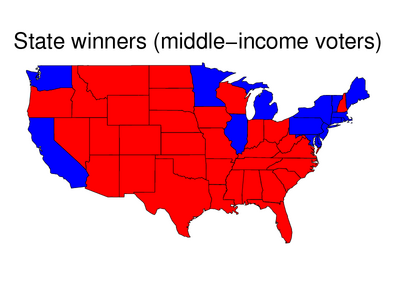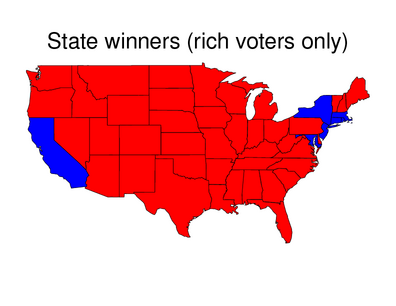Here’s “Andrew Sullivan”:http://andrewsullivan.theatlantic.com/the_daily_dish/2007/10/effective-liber.html :
bq. “Effective liberty.” Two of the most chilling words you’ll ever hear. Crooked Timber wants the government policing speech to protect minorities. At last they’re honest about the true agenda of the left. Notice this isn’t about “hate-crimes”. It’s about “hate-speech.” But the motivation behind hate-crime laws – a loathing of liberty and group-think victimology – is still out there. …. Once you start deciding what speech is or is not acceptable, we no longer live in a free society. We live in a tyranny – where Crooked Timber and the benign left will call the shots and enforce their orthodoxy.
Let’s put things in simple terms. Most of the people who discuss this topic, and especially most Americans, have some Lockean view of individual rights in mind, rights that stop where the other guy starts. Government, seen as some alien policeman, only has a legitimate role in stepping in to stop people harming one another, where the paradigm cases of harm involve punching people on the nose or stealing their stuff. Since speech isn’t like that, government has no business regulating it.
Well I see where you’re coming from. But I think it’s from the wrong place. The right frame, in my view, is to think of the state as “we, the people” and to ask what conditions need to be in place for the people, and for each citizen, to play their role in effective self-government. Once you look at things like that then various speech restrictions naturally suggest themselves. First, there are the obvious procedural ones, the rules for running the meeting, as it were. Second, there are the financial ones: we can’t have the conversation dominated by those who are rich enough to buy up all the megaphones. Third, if we are trying to implement such a conversational ideal in a society riven by deep ethnic or religious divisions, we’ll need to take seriously the idea that despised or stigmatized groups might not get their voices heard, and that one reason for this might involve the discourse of other citizens. This isn’t a matter of “the government” policing speech, it is a matter of us regulating our collective conversation.
However … and it is a big “however”, the states in which we live are a long way from that ideal of self-government. Given that they are at that distance, there are strong reasons to think that those who dominate government will abuse their power, we ought to be very wary about restrictions on hate speech, and we ought to be sensitive to the fact that any regulations will be subject to abuse (including by people who represent themselves as victims to gain an edge), may be counterproductive, and so on. Hence it is false to say — at least as some blanket proposition — that I (rather than CT collectively, some of whom may think I’m nuts, for all I know) want “the government policing speech to protect minorities”.
Small additional note. Sebastian writes in comments “The United States courts have some of the most extensive thinking about free speech recorded anywhere—complete with built in case studies.” Well sort of. The Americans have a long tradition of trying to discuss these things using the language of an 18th-century document. Given the difficulties of shoehorning a lot of real-world problems into that frame, that gives them a long history of acrobatic hermeneutics somewhere in the vague area of free speech. Some of it is even relevant. The trouble is that many Americans (at least the ones who comment on blogs!) can’t tell the difference between discussing the free speech and discussing the application of their constitution.
Small extra additional note. Someone might put the argument that the best way to regulate “the conversation” involves giving people 1st Amendment-style protections. They might be right about that. There’s a case to say that. But note that that’s a _different argument_ from “government should only stop harm, and speech isn’t harm.”


